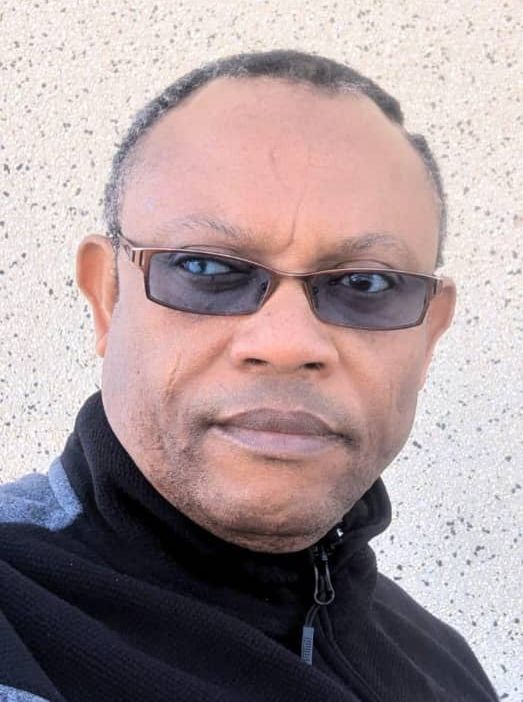By Agbor Ndoma Agbor
In every thriving democracy, three principles form the unshakable foundation on which just and inclusive societies are built: Separation of Powers, Rule of Law, and Due Process. These aren’t abstract theories for academics or lawyers alone—they are the living safeguards that protect our freedoms, ensure accountability, and promote equality before the law.
The Separation of Powers ensures that no single branch of government—executive, legislative, or judiciary—can dominate the state or operate unchecked. Each arm has distinct functions and is empowered to serve as a check and balance on the others. This principle is not only a constitutional necessity but also a practical guard against tyranny and the misuse of power. When powers are concentrated, history has shown us how quickly democracies can slip into autocracy- the Nigeria experience.
Rule of Law is the idea that laws—not individuals—govern a nation. It means that every citizen, from the highest officeholder to the average citizen, is subject to the same legal framework. It breeds trust in public institutions and creates a level playing field where rights are protected, contracts are honored, and injustices are redressed. Without rule of law, lawlessness, corruption, and selective justice thrive—often with the most vulnerable paying the highest price. Rule of law creates strong institutions and not strong men.
Due Process is what makes justice real and meaningful. It assures that individuals are given fair procedures before being deprived of life, liberty, or property. It prevents arbitrary decision-making and ensures that legal proceedings are transparent, impartial, and consistent with established legal norms. Due process gives life to the law by making it humane, inclusive, and anchored in respect for human dignity.
Together, these three principles are not simply institutional ideals—they are the moral compass of any functioning democracy. Their strength or weakness in a society is often the clearest measure of its democratic health.
In today’s world, where democracies face increasing challenges—from political interference to populist waves and institutional decay—recommitting to these principles is more urgent than ever. Citizens, civil society, the media, and public servants all have a role to play in defending these democratic pillars.
Let us remember: democracies are not sustained by constitutions alone, but by the people who uphold them. When we allow the lines between the branches of power to blur, or turn a blind eye to injustice, or remain silent in the face of abuses of power, we chip away at the very bedrock of democracy.
We must choose vigilance over apathy, integrity over expediency, and courage over convenience. Because without separation of powers, rule of law, and due process, democracy is a castle built on sand.
Ndoma Agbor is the Executive Director, Centre for Sustainable Agricultural Development(CSAD) and a Regenerative Sustainability Specialist with strong passion for good governance in Nigeria. He can be reached via csad.agric10@gmail.com
